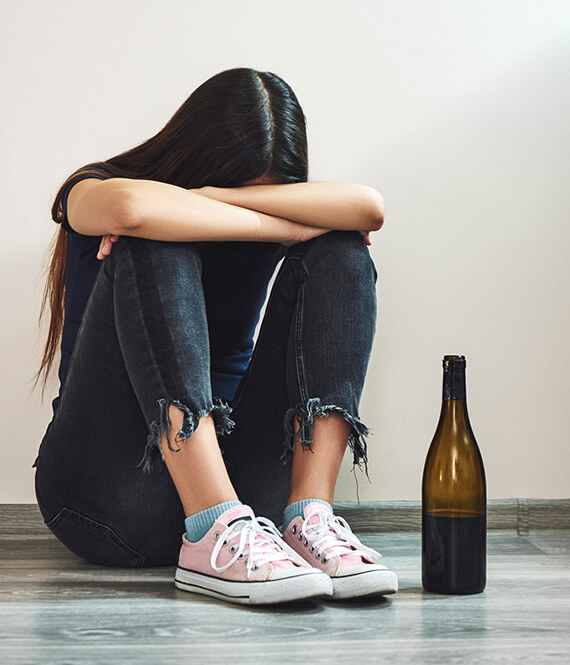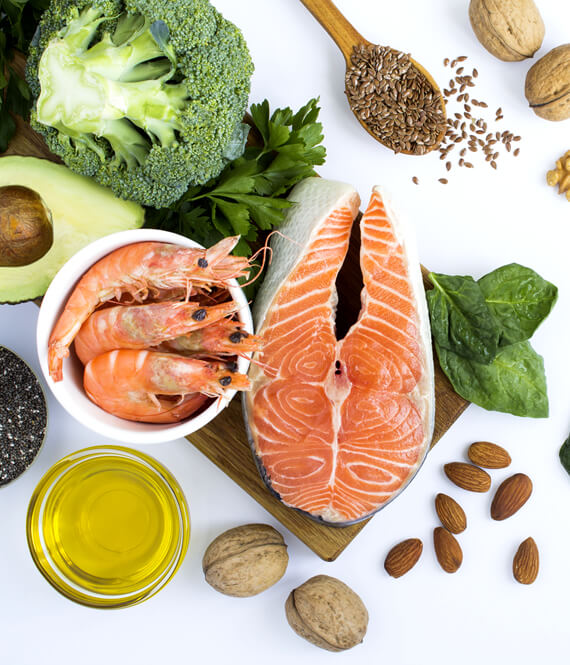
How Does Substance Abuse Affect Marriage?
We recommend helpful products in our articles. Read our full disclosure here. The content on this website is not intended to be a substitute for professional advice, diagnosis, or treatment.
The biggest challenge with substance addiction is that it affects not only the addict but their family and friends, too, leading to trust issues, financial and legal problems, and the daily struggle of supporting a loved one.
When your spouse struggles with substance abuse – whether that’s alcohol or drugs – it can have a profound impact on your relationship, transforming it from a safe haven to a source of chaos, negativity, and sometimes even violence.
In this article, we explore the problems and challenges that substance abuse can bring into your marriage, as understanding these issues is the first step toward finding recovery and healing.
Poor Communication and Volatile Fights
Addicts often suffer from mood swings due to withdrawal or influence of the substance itself.
They may be depressed, angry, or become defensive, making communication challenging or even impossible.
As time goes on and disagreements and fights increase, the tension in the marriage becomes palpable, creating a hostile environment that can be harmful to both partners’ well-being.
On top of that, because the addict in the marriage is unable or unwilling to manage household tasks and/or care for children, the other partner is forced to take on additional burdens, leaving them feeling unsupported and stretched thin, which can lead to even more arguments and fights.
Secrecy and Trust Issues
Substance abuse can erode trust in a marriage or relationship as the addicted partner may try to hide or lie that they have substance abuse problems or that they have fallen off the wagon.
As secrets, lies, and evasive behavior become the norm, the other partner is left feeling frustrated and unheard.
Broken trust can be difficult to rebuild, and you should give yourself permission to feel sad and angry.
Find a healthy outlet so you can release that anger and hurt the right way.
Exercise regularly, eat healthily, practice guided meditation, and always try to step away from the situation when things get too heated.
If your partner wants to get better and you’re willing to work on your marriage, it’s also important to seek professional guidance on how to rebuild trust and communicate with transparency.
Financial and Legal Problems
Financial and legal issues can be another consequence of substance abuse.
The costs associated with the constant purchasing of substances or job loss due to addiction can lead to financial instability and stress.
On top of this, some substances are illegal to purchase or use and can lead to fines or even arrest.
All of these problems can further strain the relationship, causing arguments, resentment, and feelings of helplessness.
Intimacy Issues
Substance abuse can lead to emotional numbness or instability, making it difficult for the affected partner to engage in genuine emotional intimacy.
It’s also common for the addict’s focus and priority to change, shifting toward their substance use, which can leave little to no room for emotional or physical intimacy.
In addition, the other partner may find it difficult or even impossible to feel safe and secure in a relationship with someone who has broken their trust numerous times.
They may experience a range of emotions, such as anger, resentment, and sadness due to their spouse’s addiction, which can act as a barrier to intimacy.
Chronic Stress and Health Problems
Both emotional and physical health issues can arise in a marriage affected by substance abuse.
Addiction to any substance can lead to serious health conditions, including blood pressure problems, heart disease, liver disease, digestive issues, and cancer of the throat, mouth, breast, liver, colon, and more.
There is also always a risk of sudden death due to overdose.
The spouse of the affected individual can also suffer from a host of emotional and physical health problems, including anxiety, depression, insomnia, and more.
If you experience any of these issues, it’s crucial to seek medical help and therapy as soon as possible.
Separation and Divorce
Sometimes, despite the best efforts and intentions, divorce may be the only reasonable option.
It’s crucial to prioritize your well-being and safety, especially if you find yourself in an unhealthy or dangerous situation due to the actions of the substance-abusing partner.
When a divorce becomes the only reasonable path, seeking legal guidance can provide the support and expertise you need.
Marble (for your legal needs) is a firm that specializes in family law and understands the difficulties that substance abuse can bring to a marriage.
They can offer guidance on divorce proceedings, child custody, and asset division and ensure your rights and best interests are protected during this challenging time.
Conclusion
Remember, you cannot change someone who doesn’t want to change.
If your partner rejects treatment and therapy, you are not only allowed but should prioritize your own well-being and safety.
"We love to research problems, examine studies, analyze solutions, and share with you ideas that make life healthier. You can learn about us and our editorial standards here. Have suggestions or feedback to share? Send us a message!."













Leave a Comment